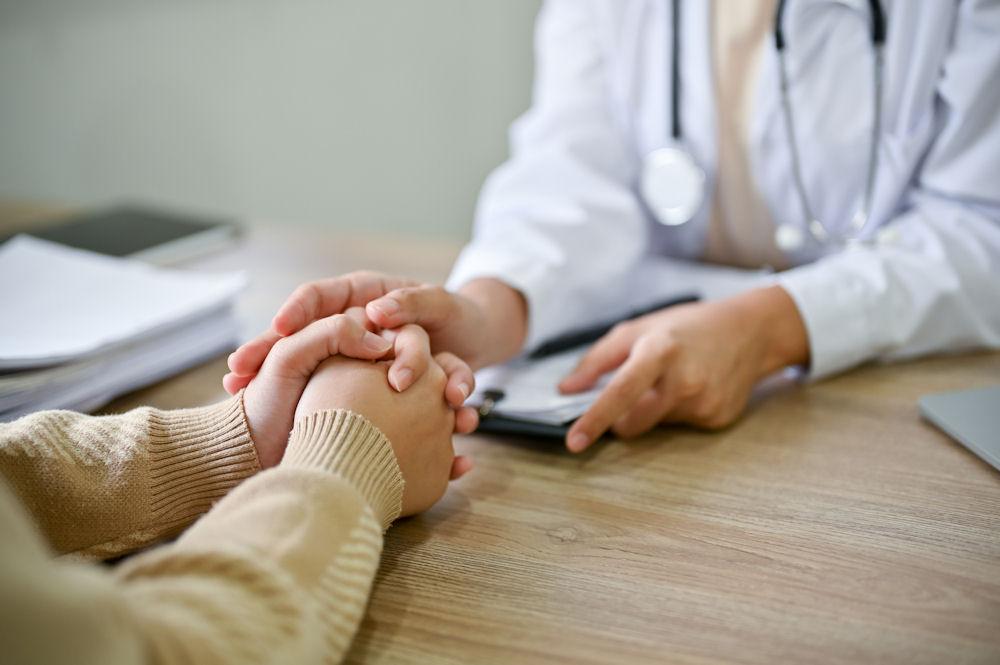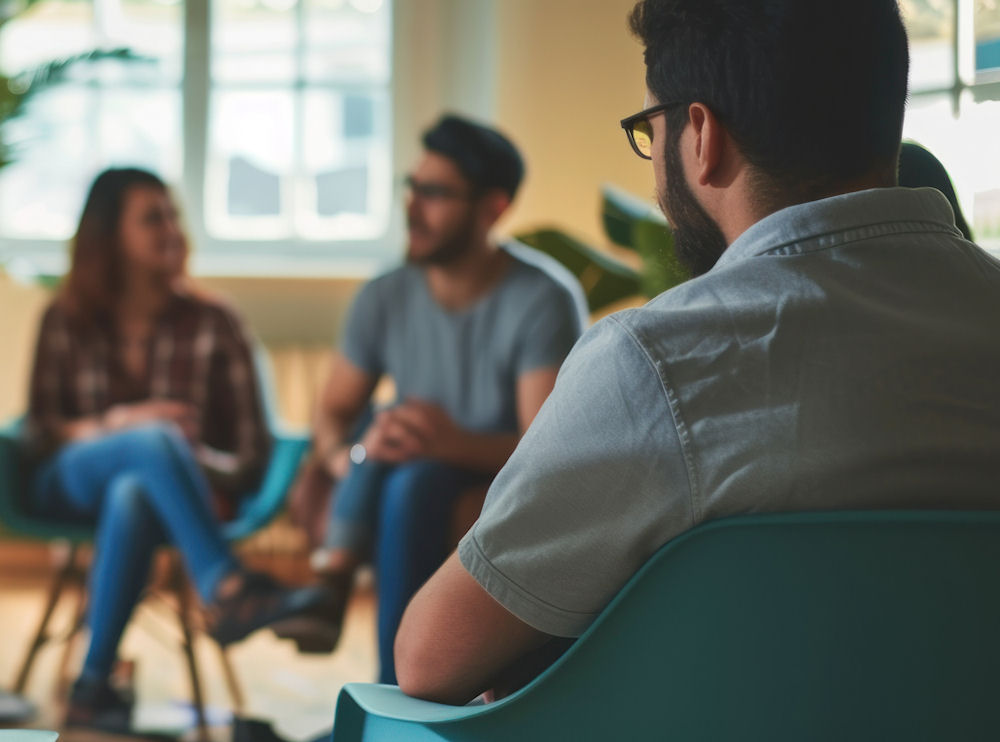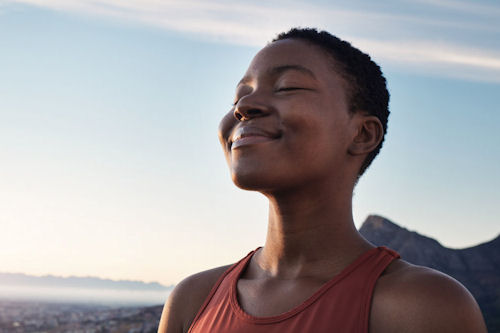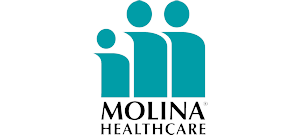If you or a loved one is struggling with marijuana addiction, Supreme Recovery offers compassionate, evidence-based marijuana rehab treatment programs in Virginia.

Signs and Symptoms of Abuse
Physical Signs of Marijuana Abuse
Chronic marijuana use dilates blood vessels in the eyes, causing persistent redness. This symptom often occurs even when using eye drops to mask it.
Users frequently crave and consume excessive amounts of food, especially sweets or salty snacks, due to THC’s effect on hunger hormones. This can lead to unhealthy weight gain over time.
Marijuana impairs motor skills, making tasks like driving dangerous. Users may appear clumsy or unusually slow in their movements.
Regular smoking irritates the lungs, leading to a persistent cough, wheezing, or increased susceptibility to bronchitis. These symptoms mimic tobacco smokers’ respiratory problems.
Behavioral and Psychological Signs
Users often miss deadlines, skip classes, or show reduced productivity due to lack of motivation. Employers or teachers may notice a drop in quality or engagement.
Individuals may isolate themselves to use marijuana alone or only socialize with others who use. Hobbies and relationships often take a backseat to drug use.
When questioned, users may downplay their habits (“It’s just weed”) or get angry. They might avoid conversations about cutting back or quitting altogether.
Spending excessive money on marijuana can lead to unexplained cash shortages or borrowing money. Priorities shift as budgets are adjusted to accommodate drug purchases.

Recovery Begins Here
Emotional and Mental Health Symptoms
While some use marijuana to relax, others experience heightened anxiety, especially with high-THC strains. Paranoia about being judged or caught can become overwhelming.
Users may seem unusually agitated when not high or during withdrawal. Minor frustrations trigger exaggerated reactions due to chemical imbalances.
Short-term memory lapses (“forgetting why I walked into a room”) are common. Focus at work or school deteriorates, making complex tasks difficult.
Chronic users often lose interest in goals, hobbies, or personal growth. Daily routines may revolve around obtaining and using marijuana.

IOP for Marijuana Addiction
Our IOP schedule is designed for working adults and students, with morning, afternoon, and evening session options available. A typical day in our marijuana IOP might include process groups where clients share recovery challenges, skills training to prevent relapse, and family therapy sessions to repair relationships damaged by substance use. Clients also learn practical strategies for managing cravings, rebuilding sober social networks, and addressing the underlying issues that contribute to their marijuana use.

How Long is IOP?
This gradual step-down approach leads to better long-term outcomes than abrupt program completion. Some clients with more severe addiction histories or co-occurring disorders may benefit from extended care beyond 12 weeks. Conversely, those with strong support systems and high motivation sometimes progress faster. Our clinical team regularly evaluates each client’s progress to determine the optimal treatment duration, ensuring neither premature discharge nor unnecessary prolongation of services.
Who is a Good Candidate for Outpatient Treatment?

Marijuana Addiction Treatment and Therapy

Outpatient Programs
Those who do not need an IOP program may consider an outpatient marijuana rehab program. Our outpatient marijuana rehab program offers flexible scheduling with daytime and evening options to accommodate work or school commitments. The program combines individual counseling, group therapy, and periodic drug screening to maintain accountability. Unlike residential treatment where clients are removed from daily triggers, our outpatient approach allows them to practice new coping skills in real-world situations while having professional support to process these experiences. We focus heavily on functional outcomes – helping clients improve work performance, repair relationships, and regain hobbies they may have abandoned due to marijuana use.

Individual Therapy
One-on-one therapy forms the cornerstone of our marijuana addiction treatment, providing a private space to explore personal triggers and underlying issues. Many clients discover they’ve been using cannabis to self-medicate for a co-occurring disorder, such as undiagnosed anxiety, ADHD, or past trauma. We address these issues concurrently with dual diagnosis addiction treatment. At Supreme Recovery, we recognize that each patient’s needs are different—which is why we offer different therapy modalities, such as Cognitive Behavioral Therapy (CBT), Dialectical Behavior Therapy, and holistic therapies.

Group Therapy
Group therapy offers unique benefits for marijuana addiction recovery by reducing the isolation many users feel when trying to quit. Our carefully facilitated groups bring together clients at various stages of recovery, allowing newcomers to learn from those with more sober time. Process groups provide opportunities to share struggles and successes in a supportive environment, while psychoeducational groups teach concrete skills like craving management and relapse prevention.
Getting Help For Yourself or a Loved One
Our admissions process is straightforward; just call to schedule an assessment where we’ll confidentially evaluate the situation and recommend appropriate next steps.











